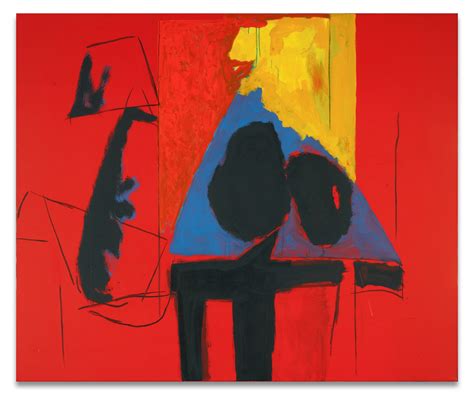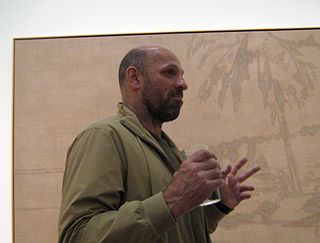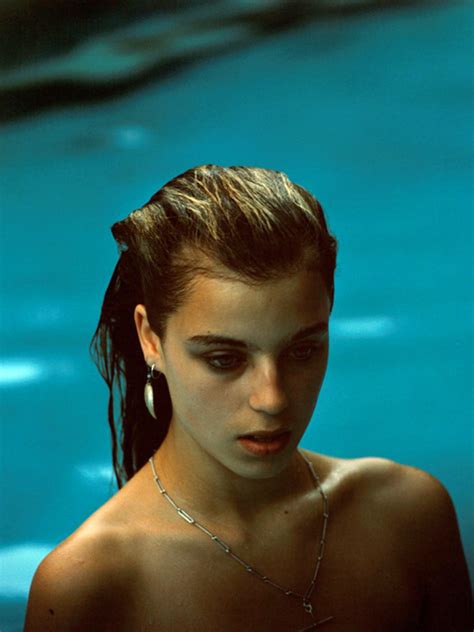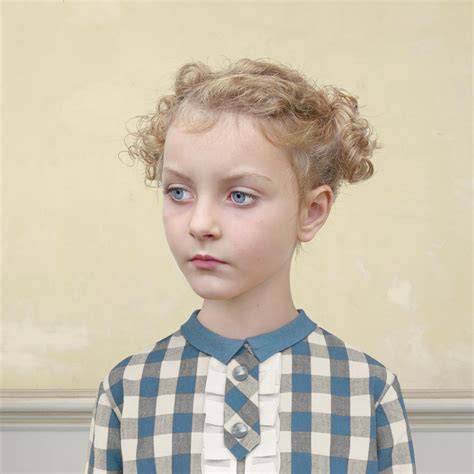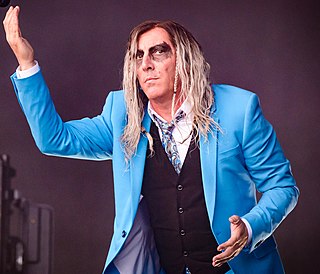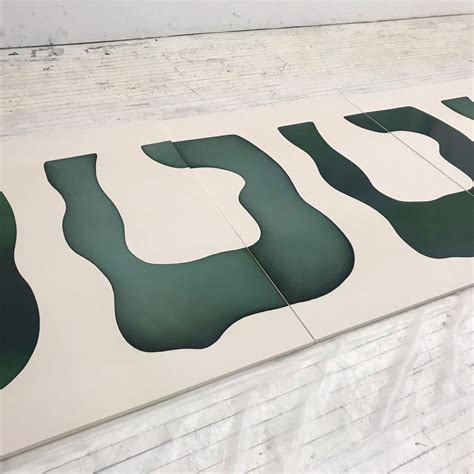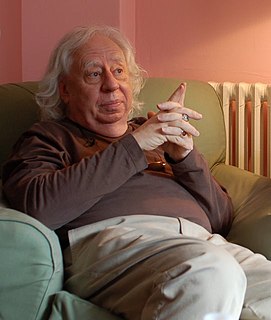Цитата Роберта Мазервелла
Живопись — это средство, в котором разум может актуализировать себя; это средство мысли. Таким образом, живопись, как и музыка, стремится стать своим собственным содержанием.
Связанные цитаты
Живопись традиционна, но для меня это не академия. Я чувствовал потребность рисовать; Я люблю рисовать. Это было чем-то естественным - как для некоторых людей слушать музыку или играть на музыкальном инструменте. По этой причине я искал темы моей эпохи и моего поколения. Фотография предложила это, поэтому я выбрал ее в качестве средства для рисования.
Написание пьес дало мне все, чего не дала живопись, а именно способность рассказывать истории в реальном времени, в реальном пространстве, в трех измерениях, во плоти и крови. Я понял, что пытался втиснуть все это повествование в свои картины, но, в конечном счете, живопись была статичным средством. Так что это просто открыло эту совершенно новую дверь.
Когда кажется, что искусство лишено смысла, как, без сомнения, некоторые абстрактные картины наших дней действительно кажутся, то картина говорит, а художник кричит во весь голос, так это то, что жизнь стала бессодержательной. все рациональное содержание и последовательность, и это, в такие времена, далеко не бессмысленное утверждение.
В этом существенное различие — даже противоположность — между картиной и фильмом: картина составлена субъективно, фильм — объективно. Как бы высоко мы ни оценивали функцию сценариста — на практике она оценивается очень низко, — мы должны признать, что фильм не переносится прямо и свободно из ума с помощью послушной среды, такой как краска, а должен быть вырезан. кусочки из неуклюжего материала реального видимого мира.
Вопрос, который я задаю себе при адаптации книги, заключается в том, как мне быть верным духу и душе персонажа? Как бы я описал этого персонажа в моей среде? Если вы попросите одного человека нарисовать что-то, а другого создать из этого скульптуру, вы никогда не спросите: «Почему картина не похожа на скульптуру?»
